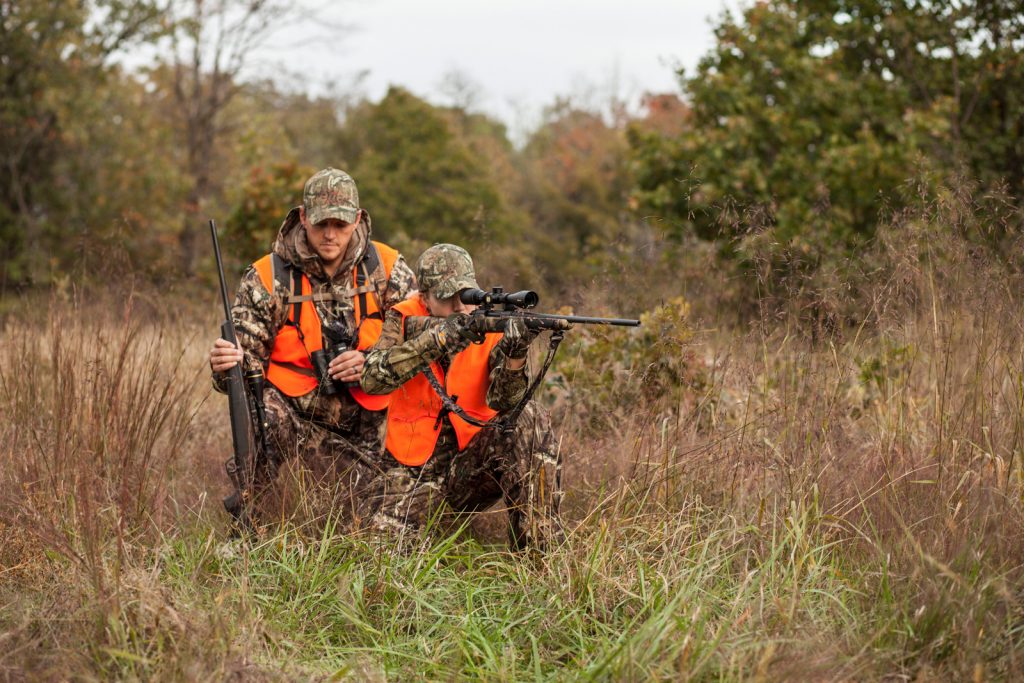
Back to the Basics
When talking with prospective hunters, it’s important to keep the conversation simple.
A few days ago, I was talking with a couple friends at a party. One guy is an experienced deer hunter, and he and I got deep into the weeds about a particular buck that had eluded him all last season. Meanwhile, the other guy, not a big hunter but a gun owner, listened curiously as we chatted. I could tell he was interested in hunting.
“Had a heavy 10 with trash stroll through my set but I didn’t even flick the safety. He was nothing compared to the big boy,” said the experienced guy. He was referring to a 10-point buck with various non-typical points that he chose not to attempt to shoot. “I passed on six last week alone. Heck, I won’t even shoot a slickhead from my No. 1 for fear of spooking the Booner.”
After this river of lingo, I saw the other guy’s eyes glaze over as he tried to keep up with the conversation. That leads me to the point of this post: When talking with prospective new hunters, don’t get too far into the weeds. Keep the lingo basic.
Moreover, if you take a new hunter out, don’t enforce your strict standards of trophy judgment upon them. Explaining how you do it is fine, but let them take whatever legal animal they want. If your property management has a strict code of size standards, take them somewhere else. Likely your first buck wasn’t a 12-pointer, and neither should theirs. If they like it and decide to shoot it, it’s a trophy.
Remember to teach them the fundamentals of hunting, rather than them for granted and only focus on the outcome. Show them tracks, sign, and explain why you do things the way you do them. Why is your treestand placed there? Why did you park here and walk to the stand that way? Why you can or can’t take small bucks on your property? What guns and ammo are the best choices? All these talking points are key to enhancing your plus-one’s involvement—and therefore their interest—in the hunt.
About the Author: A native Oklahoman, Jeff Johnston is an NRA-certified shotgun, rifle, and handgun instructor, as well as an NRA Distinguished Expert shooter. A lifelong hunter, he’s taken many different species of game, including a few giant whitetails and one rare masked fox squirrel from Georgia of which he’s particularly proud.